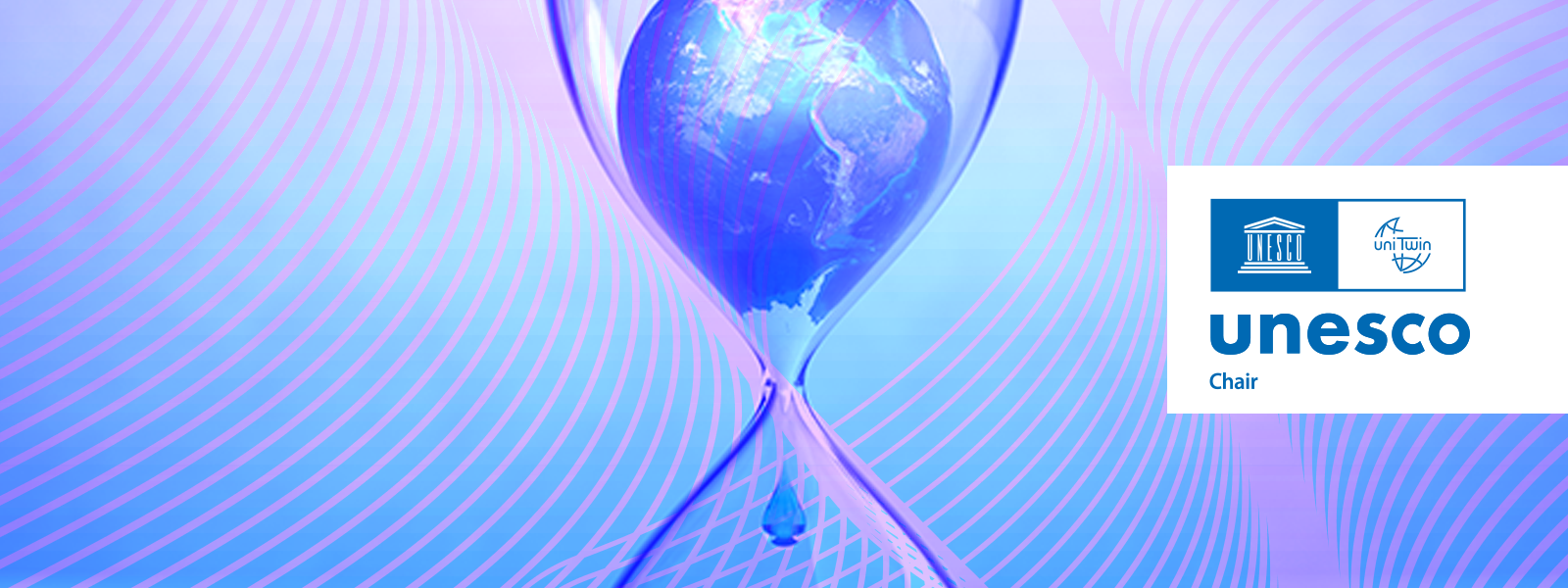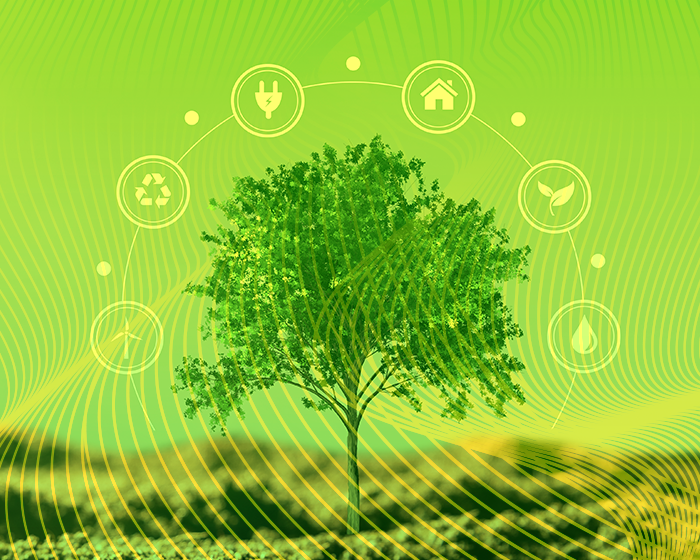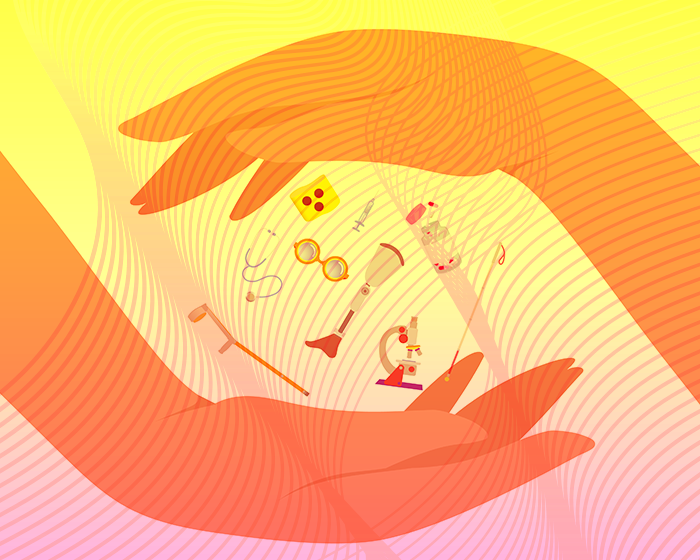Climate Futures

About this Programme
In many respects, the issue of climate change and “net-zero” ambitions, is, or should be, an ever-present issue throughout all “sustainability” thinking and actions, as it represents an existential risk to humanity. It is a topic that demands co-ordinated and collective leadership to bring transform the underlying causes of arising from our collective lifestyles and organisation.
This programme contributes to SDGs 9,10,13,16, principally SDG 13 Climate Action.
Example Projects
understanding government and community efforts in tackling climate change, environmental pollution, ecosystem restoration and flooding in the Niger Delta region of Nigeria.
Dr Paul Igwe has initiated an exciting new collaboratory on understanding government and community efforts in tackling climate change, environmental pollution, ecosystem restoration and flooding in the Niger Delta region of Nigeria. Our partner on this initiative is the African Centre for Climate Actions and Rural Development (ACCARD). ACCARD engages with stakeholders in the Niger Delta region including key Universities in the region. The specific focus of this co-lab is to advance nature-based solutions to climate change management and community approaches to issues related to climate change. Also, it initiates stakeholder interactions towards climate change livelihood and Ecosystem losses through sustainable approaches. The aim is to develop, amongst other things, climate change champions; leaders who understand what responsible practices are needed to ameliorate the causes of climate change, to guide practical activities in response to climate change and to develop reparative programmes.
Other Programme Contributors
More Programmes
---
The designations employed and the presentation of material throughout this publication do not imply the expression of any opinion whatsoever on the part of UNESCO concerning the legal status of any country, territory, city or area or of its authorities, or concerning the delimitation of its frontiers or boundaries.
The ideas and opinions expressed in this publication are those of the authors; they are not necessarily those of UNESCO and do not commit the Organization.
Connect with Us
 |
 |
 |
 |
 |
 |
Lincoln International Business School, University of Lincoln, Brayford Wharf East, Lincoln, LN5 7AT, UK
Telephone: +44 (0)1522 835509 | Email: libs@lincoln.ac.uk





